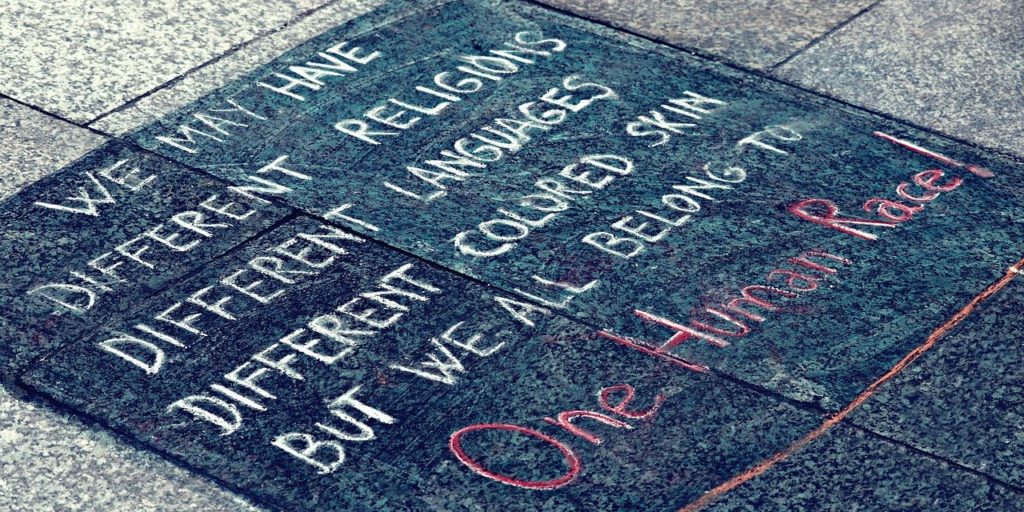- Google challenges a woman’s claim of ‘pregnancy discrimination’ - September 26, 2025
- Don’t make assumptions about employment probationary terms - May 29, 2025
- Tribunal ruling provides helpful analysis of witness credibility - May 5, 2025
By Tony Poland, LegalMatters Staff • Egregious acts of discrimination can be costly as one employer learned with a B.C. Human Rights Tribunal award of almost $1 million, says Toronto employment lawyer Ellen Low, adding damage settlements tend to be trending upward.
The British Columbia government was recently ordered to pay a former corrections officer $974,167, including $176,000 for injury to dignity, feelings and self-respect, for conduct that occurred during an 18-month period leading up to his departure in 2013.
Low, principal of Ellen Low Employment Law, says the award is a lesson to those who allow discrimination to fester in the workplace.
“When there is proof of conduct like this, it’s not going to punished with a minor slap on the wrist,” she tells LegalMattersCanada.ca .“Awards like these are designed to be painful in order to adequately deal with the damage done. We are seeing larger financial settlements when it comes to egregious violations of human rights or for sexual harassment in the workplace.”
‘High-water mark’
Low says those facing discrimination “will certainly be looking at this case as a high-water mark in terms of the remedy available.”
“It sends the message that large settlements are possible in the right circumstances,” she says.
In her decision, tribunal chair Diana Juricevic writes that the impact of the discrimination on Devan Francis was “extreme.”
“The evidence presented to this effect was abundant, clear, and compelling. The nature of the discrimination was serious. This is not a case where the connection to Francis’ race and colour was subtle,” she states. “The comments and actions of his coworkers and supervisors struck at the core of Francis’ identity and feelings of self-worth and emotional well-being. What Francis experienced encompasses virtually the entire spectrum of racial discrimination and harassment in the workplace, escalated into retaliatory behaviour, and resulted in a poisoned work environment, necessitating a significant award of compensation.
“Not only did Francis lose his employment, but he has also lost his ability to work. His wife feels sickened by how this case has impacted her husband – ‘it has destroyed him as a human.’”
Low, who is not involved in the case and comments generally, says Francis was “subjected to hateful comments over a relatively long period of time.”
“The frequency and duration of the conduct certainly does play a role in the damages assessment,” she says.
Not an easy task
Low says while she expects lawyers will look to the judgment when evaluating their own cases, determining a monetary award based on different circumstances is not an easy task.
“It gets tricky because it can be difficult to quantify damage in these matters,” she says, adding it is impractical to have set fines for harassing or discriminatory behaviour.
She points to a 2018 case where a restaurant was ordered to pay $10,000 in compensation after the Human Rights Tribunal of Ontario ruled a man was discriminated against because he and his friends were asked to pre-pay for their meals.
- Exceptional circumstances in employment law not easily defined
- Revoking an offer of employment is not necessarily a simple matter
- Human rights decision could bode well for harassment victims
The tribunal was told that even though the man agreed to pay, he became uneasy with the request and approached other patrons, asking them if they had pre-paid. The other diners, who were either white or mixed race, had not been asked, the tribunal heard.
“This case illustrates that the restaurant did not extend the applicant the benefit of the doubt, or assumption of his decency as a Black person, rather he was presumed to be deviant,” writes tribunal co-chair Esi Codjoe. “In essence, the applicant was presumed to be a potential thief in waiting despite any evidence to that effect. His mere presence as a Black man in a restaurant was presumed to be sufficient evidence of his presumed propensity to engage in criminal behaviour.”
Balancing act
Low says it can be a balancing act to find the correct damage award that will send a message to the guilty and fairly compensate the victim. For a mom-and-pop restaurant, a $10,000 judgment can be quite onerous. However, a provincial government would be able to afford a $1-million award.
She says having a set award for a particular transgression could “have a chilling effect” on complaints.
“If the amount is too high and you’re never going to get any of the money, it amounts to a paper victory,” she says. “Victims may then be less inclined to pursue these claims.
“Whereas if you acknowledge the conduct is egregious and you set the award based on the individual circumstances, it doesn’t have the same chilling effect.”
In the end, the judgment serves as another important reminder of the need for employers to take discrimination claims seriously, Low says.
“If an employee is going so far as to file a complaint, the employer must take all the required steps in order to assure that it has been properly investigated and addressed,” she says.

